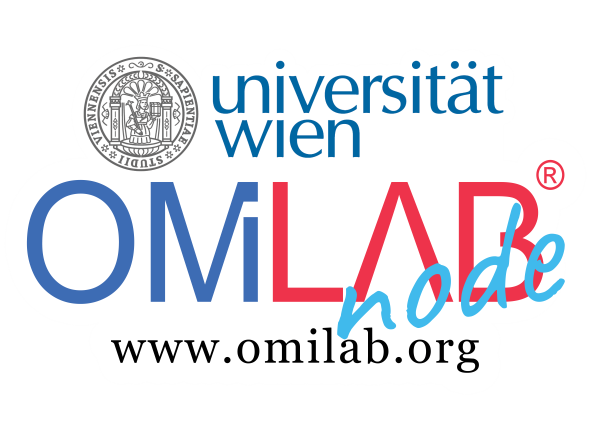Formal Semantics for Conceptual Modeling Languages based on Model Theory
Victoria Döller
The era of models as executable entities rather than descriptive pictures is on the rise. Nowadays modeling languages provide a variety of additional features like transformation, simulation, or code generation and the consumers of models are persons as well as machines. This development brings about the necessity to make models machine-processable, i.e. to formalize modeling languages. The goal of this research project is to find a suitable formalism for this purpose. This formalism will be grounded on mathematical theories, adopting their unambiguity and expressiveness and enabling the application of established mathematical methods. Therefore the plan for this research project is to examine several promising mathematical theories regarding their possibilities and limitations. A first result of this examination is presented in this paper: the formalization of the semantics of a metamodel based on model theory, a branch of mathematical logic. We outline the analogy between the concepts of metamodeling and model theory and describe how a metamodel can be formalized with this approach. A proof of concept is given by applying the formalism on a simple example, namely the entity-relationship modeling language.
Links
Cite as
Formal Semantics for Conceptual Modeling Languages based on Model Theory. In: Ralyté, Jolita; Wautelet, Yves (Ed.): Proceedings of the Doctoral Consortium Papers presented at the 11th IFIP WG 8.1 Working Conference on the Practice of Enterprise Modelling (PoEM 2018), pp. 61–73, Vienna, Austria, 2018.
BibTeX (Download)
@inproceedings{doller_formal_2018,
title = {Formal Semantics for Conceptual Modeling Languages based on Model Theory},
author = {Victoria Döller},
editor = {Jolita Ralyté and Yves Wautelet},
url = {https://eprints.cs.univie.ac.at/5842/},
year = {2018},
date = {2018-11-01},
booktitle = {Proceedings of the Doctoral Consortium Papers presented at the 11th IFIP WG 8.1 Working Conference on the Practice of Enterprise Modelling (PoEM 2018)},
pages = {61–73},
address = {Vienna, Austria},
abstract = {The era of models as executable entities rather than descriptive pictures is on the rise. Nowadays modeling languages provide a variety of additional features like transformation, simulation, or code generation and the consumers of models are persons as well as machines. This development brings about the necessity to make models machine-processable, i.e. to formalize modeling languages. The goal of this research project is to find a suitable formalism for this purpose. This formalism will be grounded on mathematical theories, adopting their unambiguity and expressiveness and enabling the application of established mathematical methods. Therefore the plan for this research project is to examine several promising mathematical theories regarding their possibilities and limitations. A first result of this examination is presented in this paper: the formalization of the semantics of a metamodel based on model theory, a branch of mathematical logic. We outline the analogy between the concepts of metamodeling and model theory and describe how a metamodel can be formalized with this approach. A proof of concept is given by applying the formalism on a simple example, namely the entity-relationship modeling language.},
keywords = {},
pubstate = {published},
tppubtype = {inproceedings}
}
